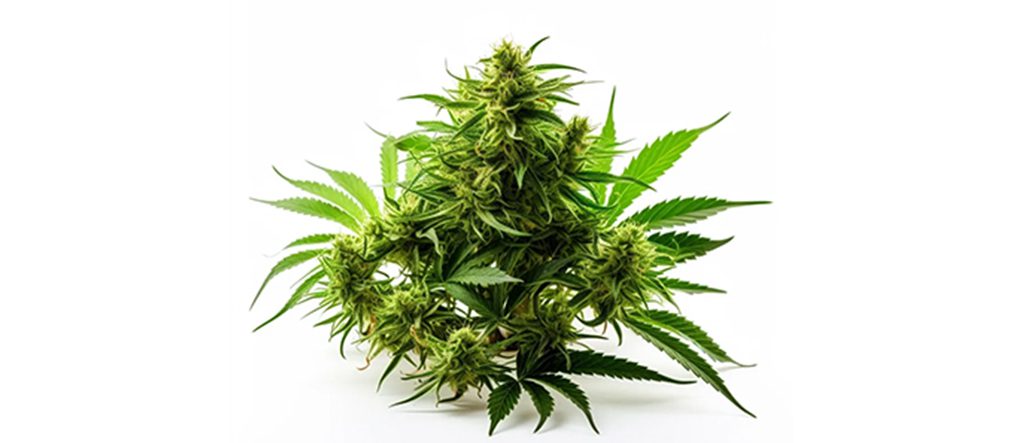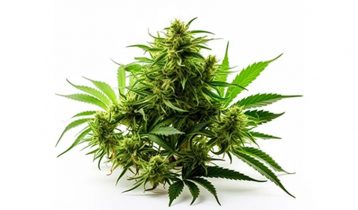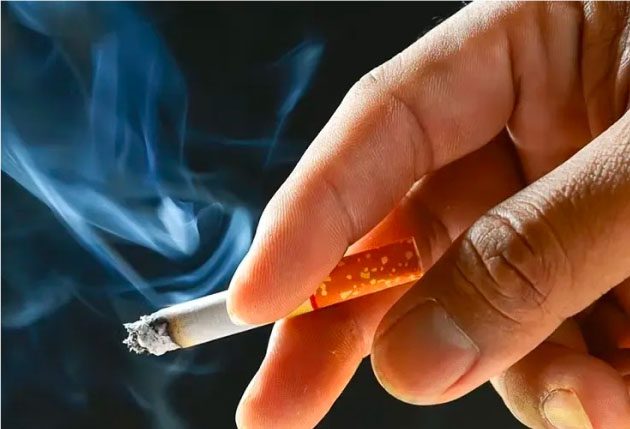In recent years, the potency of cannabis has surged significantly due to advancements in cultivation techniques and selective breeding. The availability of highly potent strains raises concerns about the potential risks associated with cannabis use, especially for younger individuals. This blog aims to delve into the surge in cannabis potency, the associated risks, particularly among the youth, and the benefits of inpatient rehab facilities like Jintara in addressing cannabis-related issues.


I. The Escalating Potency of Cannabis:
Over the past few decades, the potency of cannabis has skyrocketed, primarily due to advancements in cultivation methods and the cultivation of genetically engineered strains. The plant’s main psychoactive compound, delta-9-tetrahydrocannabinol (THC), is responsible for its mind-altering effects. Strains available today contain much higher levels of THC compared to those available in the past.
- Genetic Modification: Modern cultivation techniques emphasize increasing THC levels through genetic modification. Breeders selectively cross plants with higher THC content, resulting in strains that are significantly more potent.
- Hydroponic Cultivation: Hydroponic growing systems provide precise control over nutrient intake, light exposure, and other environmental factors, allowing growers to optimize THC levels.
- Concentrated Products: Cannabis concentrates like shatter, wax, and oils are made by extracting THC and other cannabinoids from the plant, yielding products with exceptionally high THC concentrations.
II. Risks of High-Potency Cannabis:
The surge in cannabis potency has raised concerns regarding its potential health risks, especially among young users.
- Mental Health Effects: High THC levels have been associated with an increased risk of mental health issues, including anxiety, depression, paranoia, and psychosis.
- Addiction and Dependence: The high potency of modern cannabis can lead to a higher risk of addiction and dependence, making it challenging for users to quit.
- Cognitive Impairment: Long-term use of highly potent cannabis can impair cognitive function, affecting memory, attention, and learning abilities.
III. The Impact on Younger Individuals:
Younger individuals, with their developing brains and impressionable minds, are particularly vulnerable to the risks posed by high-potency cannabis.
- Brain Development: Cannabis use during adolescence can disrupt the development of the brain’s prefrontal cortex, leading to long-lasting cognitive deficits.
- Academic and Social Impacts: Cannabis use among young individuals may adversely affect academic performance, motivation, and social interactions, hindering personal and professional growth.
IV. Inpatient Rehab: A Viable Solution for Cannabis Addiction:
Inpatient rehabilitation facilities like Jintara offer a structured and supportive environment for individuals struggling with cannabis addiction, especially in the face of high-potency strains.
- Comprehensive Treatment Plans: Inpatient rehab facilities provide personalized treatment plans tailored to individual needs, addressing both the physical and psychological aspects of addiction.
- Professional Supervision and Support: Inpatient rehab offers 24/7 supervision and support from experienced medical professionals and therapists, ensuring a safe and controlled environment for recovery.
- Cognitive-Behavioral Therapy (CBT): CBT, a common therapy used in inpatient rehab, helps individuals identify and change negative thought patterns and behaviors associated with addiction.
- Peer Support and Group Therapy: Inpatient facilities facilitate group therapy sessions, fostering a sense of community and allowing individuals to share their experiences and learn from one another.
Conclusion
The increasing potency of cannabis necessitates a thorough understanding of its risks, especially for younger individuals. Inpatient rehabilitation facilities like Jintara play a vital role in addressing cannabis addiction, offering structured programs and professional support to help individuals overcome the challenges posed by highly potent strains and regain control of their lives. Education, prevention, and access to appropriate treatment are essential in mitigating the potential harms associated with the modern cannabis landscape.
Why Jintara may be the right Inpatient Rehab for you

Jintara Rehab is a specialized boutique rehab that accepts a maximum of only 10 private clients all over the age of 30-years old, every client having their own 70 square meter apartment with beautiful resort-like facilities and the highest staff ratio of any rehab in Thailand. Jintara is fully licensed by the the Thailand Ministry of Public Health and offers programs from 1-month to 3-months.
If you or someone you care about is considering treatment for substance abuse, we can help. Contact us on info@lannarehab.com or phone/WhatsApp us on +66-094-095-4142.

Author: Darren G Lockie
Founder and CEO of Lanna Healthcare.










